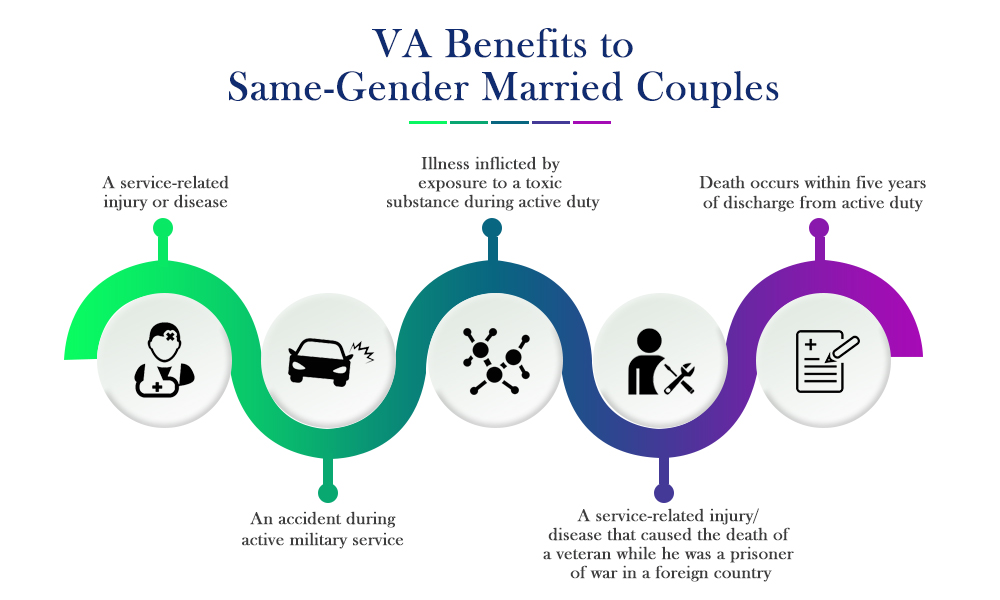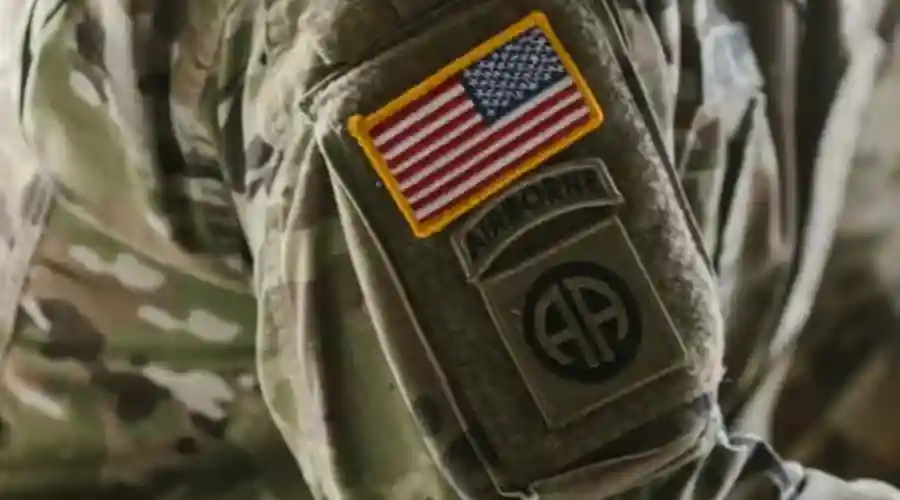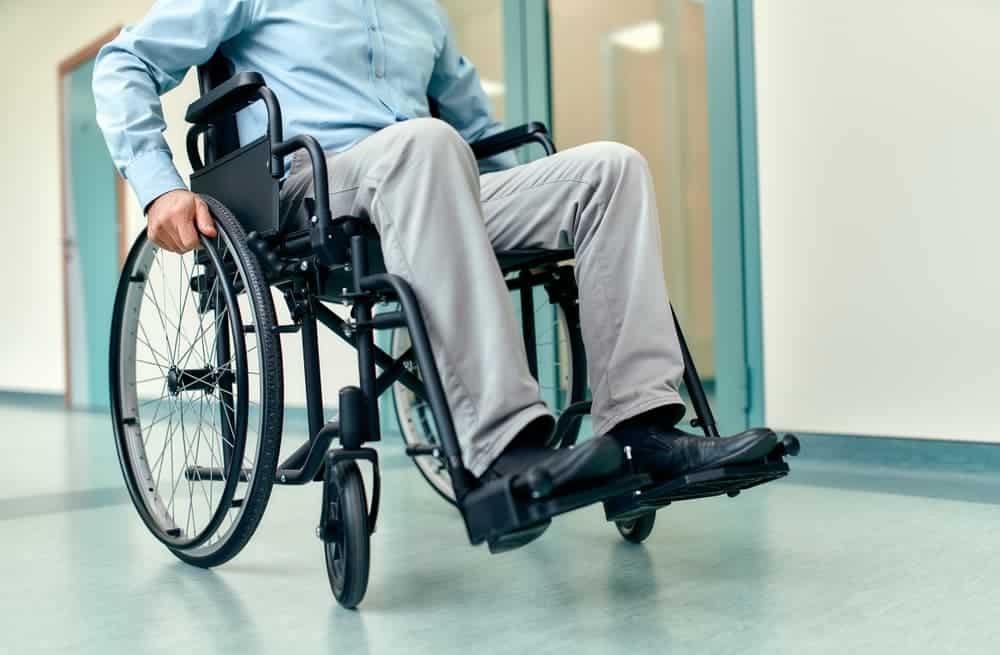When a service member is killed in action or dies of a service-related injury, their spouse may be eligible for different benefits called Dependency and Indemnity Compensation (DIC). One of these benefits is VA disability compensation. However, a veteran may be receiving VA disability benefits at the time of his death. So, the question that arises is whether the veteran’s wife will continue to receive VA disability after his death.
The answer depends on the position of the veteran and the surviving spouse. The VA disability benefits continue if the spouse is determined as the primary caregiver. In other cases, the payments will stop once the veteran dies. It is therefore recommended that you talk to a VA representative to understand your situation.
VA Disability explained
The VA disability benefits program makes a provision for monthly payments, healthcare services, and other such benefits to service veterans who are unable to work due to a service-related disability. You may be eligible for VA disability benefits if you suffered from any injury or illness while serving in the military.
You must suffer from a qualifying disability to qualify for VA disability benefits. The VA defines a disability as an injury/ illness due to which you lost one or more of your body parts or that has rendered you unable to work. It is also necessary that you were not discharged from the military due to dishonorable causes.
If you are applying for VA disability benefits as a veteran, it is a must to understand the process and how to apply. The VA offers various resources for veterans to apply for and receive these benefits.
What is DIC and how can you qualify for it?
Dependency and Indemnity Compensation (DIC) is a monthly benefit payment that can be availed by the surviving spouse or children of a serviceman who died due to military service.
DIC is administered by the Department of Veteran Affairs (VA) and the payment amount varies according to the veteran’s age and the number of dependents.
To qualify for DIC, you will have to meet specific eligibility requirements. These requirements include being the spouse of a deceased serviceman, or being unmarried and under 18 years old, or between 18 to 23 years, and attending school full-time. On top of it, the surviving spouse or child must have been dependent on the veteran at the time of death.
Who is a “Veteran’s Surviving Spouse”?
After the death of a veteran, the surviving spouse may be entitled to benefits from the VA including DIC and a death person. A surviving spouse is one who was married to the deceased veteran at the time of death, and the marriage must have lasted for at least one year.
The VA gives a narrow definition to the expression “surviving spouse”. However, in some cases, a person may be considered a surviving spouse without even being lawfully married to the deceased veteran. For instance, if the veteran had a child with a person other than the living spouse, such other person may be considered an eligible surviving spouse.
VA benefits to same-gender married couples
VA disability benefits are provided to the surviving spouse and children. However, the deceased veteran may have been married to a person of the same gender. Whether same-gender couples can be categorized as “surviving spouses” is not entirely clear.

The VA does not presently have any categorical regulations concerning the question of survivor benefits for same-gender married couples. However, several federal courts have ruled that the VA must provide VA disability benefits to same-gender couples. In one case, the Court even ruled that survivor benefits should be provided to unmarried couples of the same gender.
However, the VA is yet to clear the air on this issue. Still, it is likely that these benefits would soon be expressly given to all married couples, regardless of their orientation.
Eligibility for DIC
The main condition for availing DIC from the VA is that at the time of the veteran’s death from service-related injury or disease, the spouse should have been married to the veteran. Moreover, the veteran must have died due to any of the following causes:
- A service-related injury or disease.
- An accident during active military service.
- Illness inflicted by exposure to a toxic substance during active duty.
- A service-related injury/ disease that caused the death of a veteran while he was a prisoner of war in a foreign country.
- Death occurs within five years of discharge from active duty.
If you have lost your loved one from a service-connected medical condition, you may be eligible for survivors’ benefits from the VA. These VA disability benefits will help you tide over the tough times following the death of a loved one.






